Episode 118
James "Jim" Beckford - A Witness to Mowglis' Historic Transition from Private to Non-Profit
1953 - 1956 Camper
Den 1956
Listen to the Podcast
https://feeds.podetize.com/klRy95PJM.mp3
Watch on YouTube
Jim Beckford came to Mowglis in 1953 and graduated from the Den in 1956. Though he was the first of the Beckfrd family to come to Mowglis, the family has, since then, developed a long and distinguished history with Mowglis.
Jim's brother Joe played a critical role in the transition from Colonel Elwell's leadership to the Holt Elwell Memorial Foundation, now responsible for the leadership of Mowglis.
Jim has a long and distinguished career as an educator and administrator since his Mowglis days.
https://www.facebook.com/jim.beckford.9/
https://www.linkedin.com/in/jim-beckford-2001404
Podcasts produced at Anamaki Studios in Bath, NH. Sales of art and merchandise from our galleries help cover the costs of production at Anamaki. They also help us to avoid placing commercials in the podcasts.
This land lies in N’dakinna, the traditional ancestral homeland of the Abenaki, Sokoki, Koasek, Pemigewasset, Pennacook and Wabanaki Peoples past and present. We acknowledge and honor with gratitude those who have stewarded N’dakinna throughout the generations.
No room for a new piece of art? All these images are available as cards, mugs, puzzles, shower curtains, phone cases, clothing, totes, and more. Click here for merch.
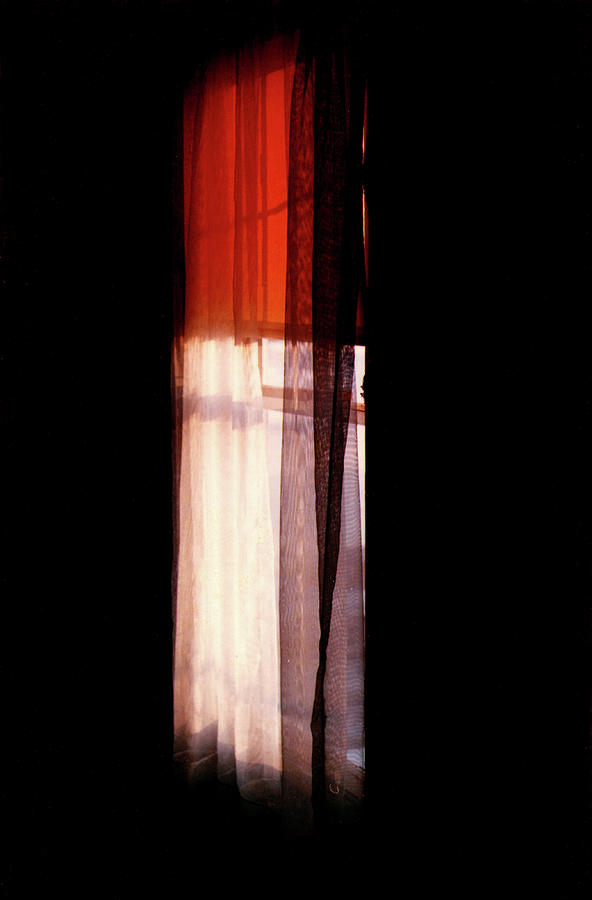 |
| Window Colors |
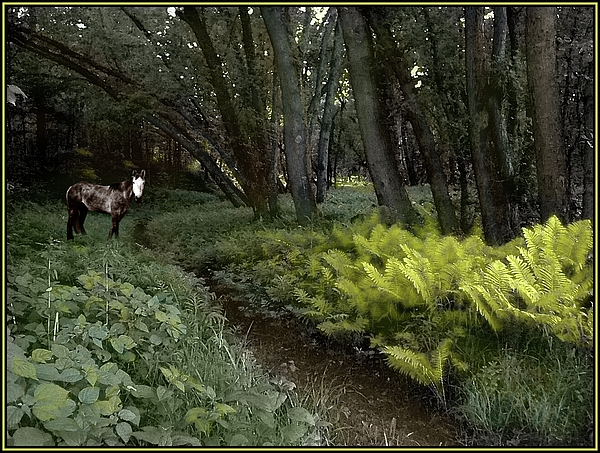 |
| Spirit Pony in Langdon Woods Fernpath |
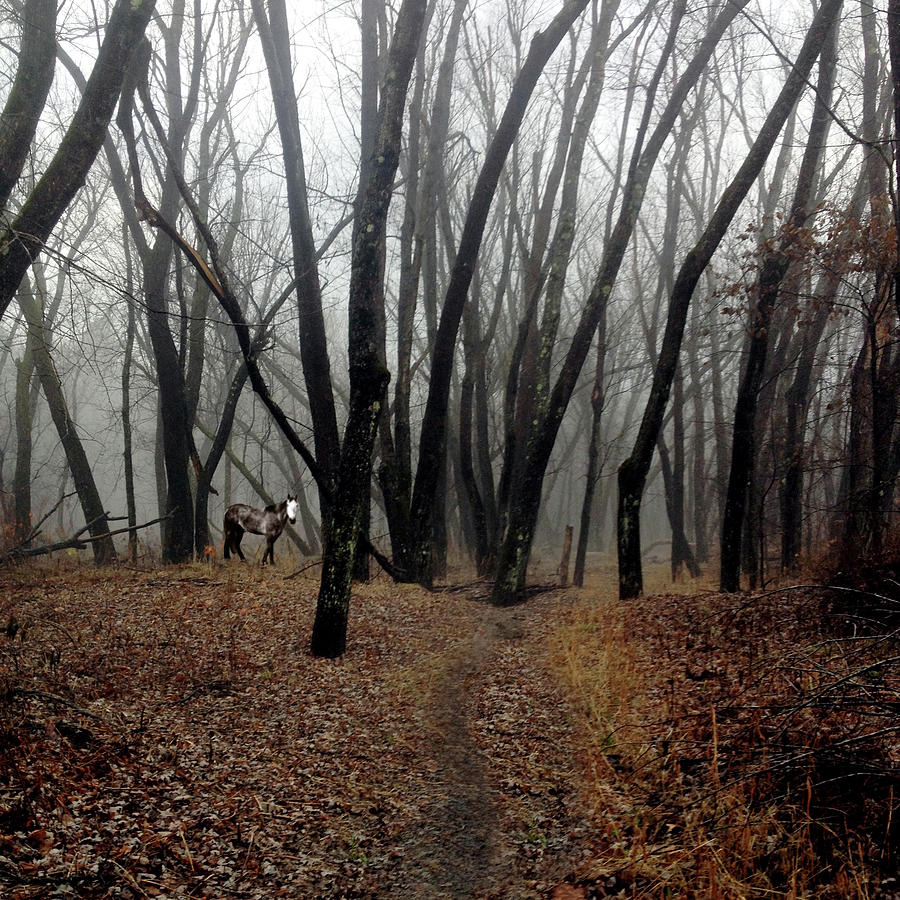 |
| Spirit Pony in a Shrouded Wood |
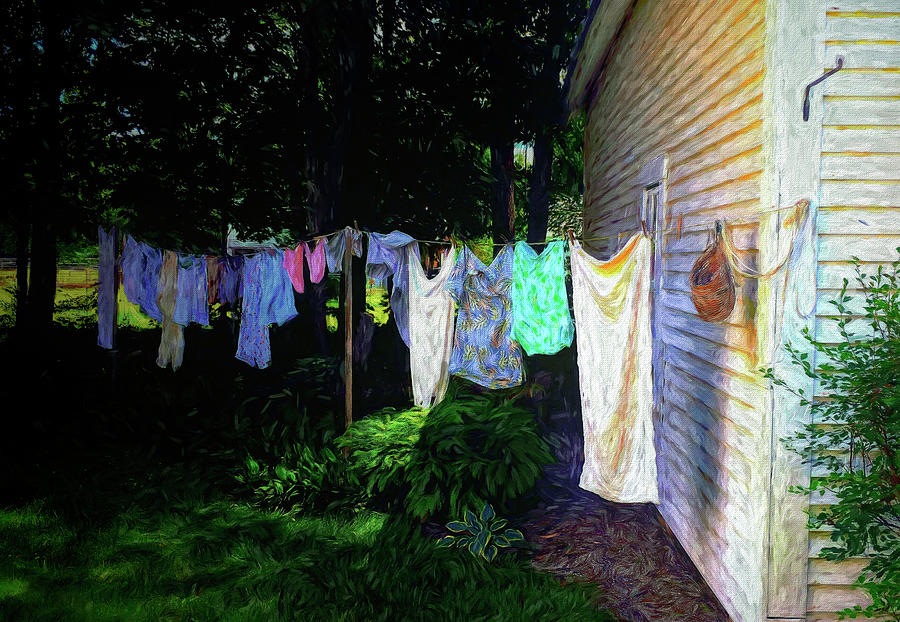 |
| Sun Dried Nostalgia |
- Civil War: Soldiers used the horseshoe pack to carry sleeping gear and other equipment that wasn't immediately needed. The shape allowed them to shift the weight from one shoulder to the other, which was a practical advantage during long marches.
- 1930s hobos: Also called a "hobo roll" or "hobo balloon," this pack was used by transient workers for camping and travel. Hobos often used military surplus gear, rolling up items like a ground sheet, wool blanket, and cook kit.
- Survival and scouting: The technique is still taught in survival training and scouting as a way to create a functional pack using minimal resources like a tarp, cordage, and blankets.
- Lay out a tarp or blanket: A ground cloth, poncho, or blanket is spread flat on the ground.
- Add gear: Camping or survival items, such as a sleeping bag, extra clothes, and cookware, are placed on top. Heavier or harder objects are packed toward the ends, while softer items are kept in the middle to rest on the shoulder.
- Roll tightly: The cloth and its contents are rolled up as tightly as possible to create a compact bundle.
- Secure with rope: Cordage or rope is tied around the roll at several points to keep the contents from shifting or falling out.
- Bend and carry: The bundle is then bent into a U-shape, forming the "horseshoe." The ends are tied together, and the pack is carried over one shoulder.
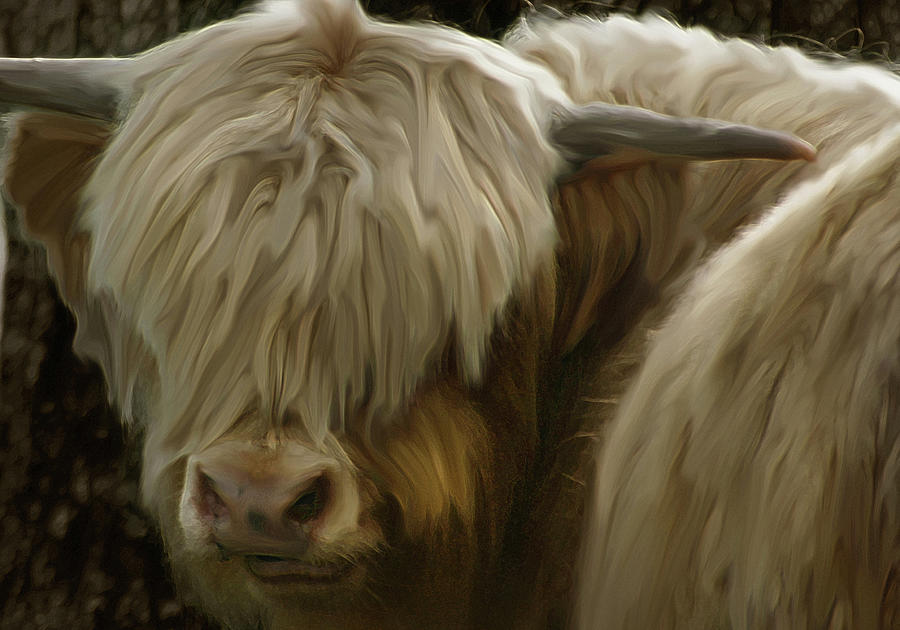 |
| The Painted Highlander |
 |
| Surreal Corn Signed Originals Unsigned open-edition prints |

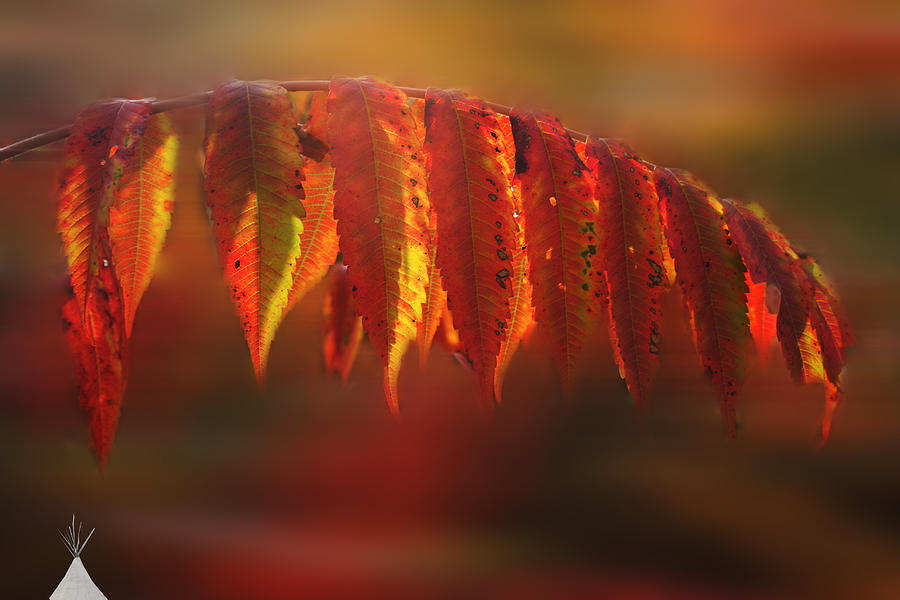




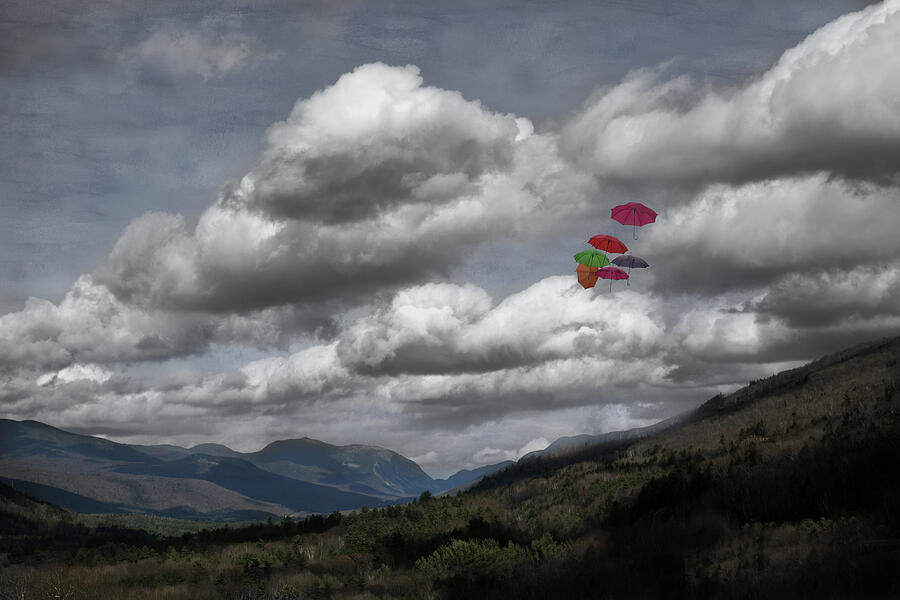
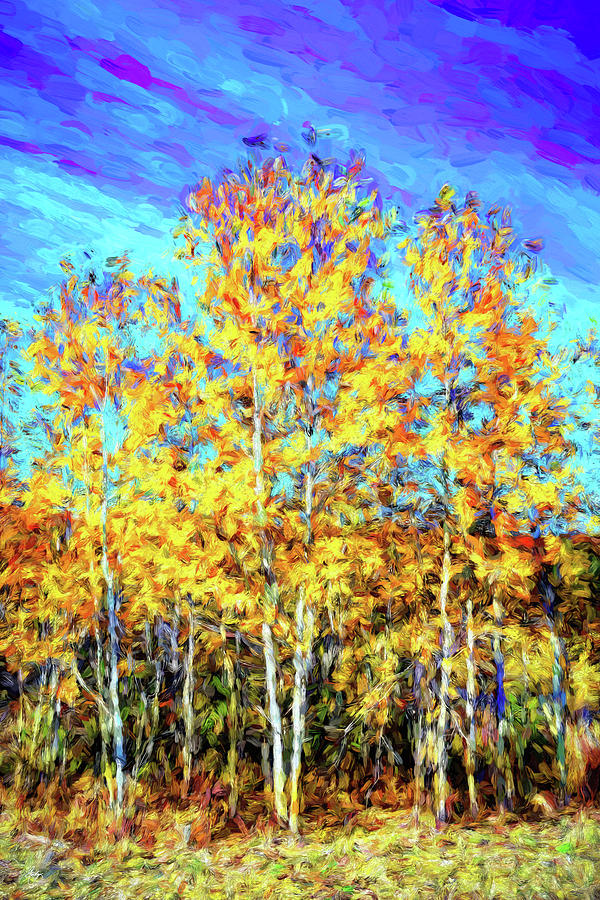
No comments:
Post a Comment